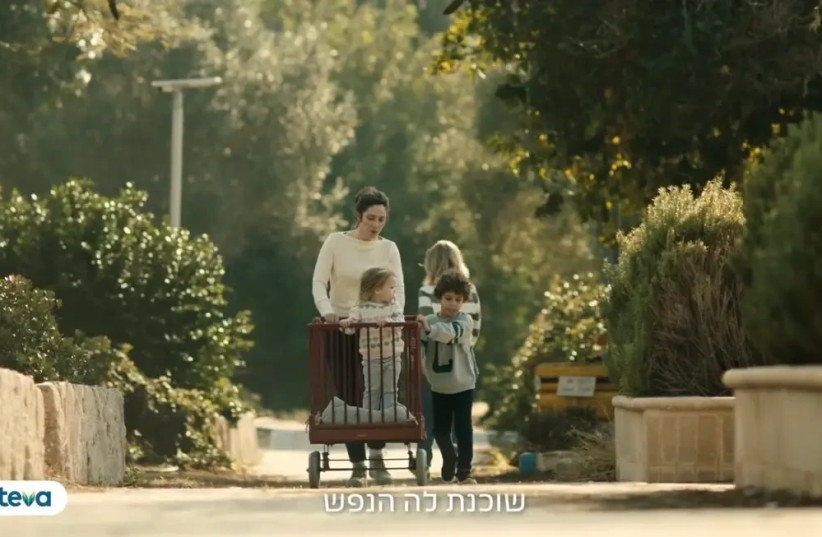Coping with an autistic child is hard enough in normal times for parents; it is much more grueling during a war against terrorism.
A new study at the Hebrew University of Jerusalem (HU) that investigated the effects of the Hamas attack on October 7 has found that within a month of the horrendous events, both autistic and non-autistic children showed major symptoms of post-traumatic stress disorder (PTSD). Most worrisome was that autistic children – who ordinarily suffer from intense vulnerability – showed a more striking response, and their parents suffered higher levels of depression, stress, and anxiety.
The important research accentuated the pressing need for specialized mental-health services for these families – not only immediately but also continuing emotional support for all youngsters and parents who have been affected by the horrific events.
About one in 100 children suffers from autism spectrum disorder (ASD), a developmental and neurological disorder that affects how people communicate, interact with others, behave, and learn. Symptoms, that include difficulty shifting from one activity to another and unusual reactions to sensations, usually appear for the first time before a child’s second birthday. It is four times more prevalent in boys than in girls.

ALUT, the National Israeli Society for Children and Adults with Autism that is the leading organization here for diagnosis, treatment, representation and research, serves over 15,000 families around the country, but there are more affected families who are not affiliated with it.
The first-ever study of autistic children and their parents in wartime was led by doctoral student Shir Rozenblat under the direction of Dr. Judah Koller from HU’s Seymour Fox School of Education. The alarming preliminary findings on the impact of terrorism and war on this population stresses the crucial need for tailored support services for such families.
Within the geopolitical conflict in Israel, it has been shown that children living in the South – a region exposed for many years to security threats and rocket attacks – experience greater emotional and behavioral problems than those in the center of the country.
Stress levels have increased
The levels of stress, depression, and anxiety in the parents were found to be two to four times higher than what was reported by an independent comparable group of parents of autistic children assessed prior to the war in a study conducted by the Azrieli National Center for Autism and Neurodevelopment Research at Ben-Gurion University of the Negev (BGU) in Beersheba.
The link to the online study was spread through social media and online platforms by HU’s Autism Child and Family Lab, the Azrieli National Center, and ALUT. The final sample included 57 parents (75% mothers) who reported having an autistic child (56% boys) with a mean age of seven years, and 35 parents (74% mothers) with a non-autistic child of the same age.
“Parenting a child during wartime is a universal challenge, but our findings show that such families need customized psychological support that takes into account their unique characteristics,” Koller said. “Our goal is to provide a comprehensive understanding of the ongoing effects of war on these vulnerable populations and to advocate for the necessary support services.”
The study, published in the journal Stress and Health under the title “Autistic children and their parents in the context of war: preliminary findings,” used questionnaires to which caregivers responded online.
The team said their preliminary findings were a “crucial first step in a year-long longitudinal investigation.” The authors called on policymakers and healthcare providers to prioritize the specific needs of autistic children and their families, not only in Israel but in similar conflict-affected regions worldwide, including the Ukraine.
